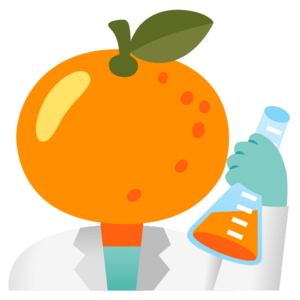Open Food Facts and Science
Jump to navigation
Jump to search
- Open Food Facts supports science and scientists.
- Science is one of the core pillars of Open Food Facts. Open Food Facts, from its creation in 2012, has relied on peer-reviewed scientific work to inform the public, like Nutri-Score and NOVA, and by making them available for a massive amount of people, across the world. We are also very happy and proud to see scientists reuse our data to push scientific knowledge forward. We love to engage with research teams to see what they can come up with, and how we can help them.
- If you're using or considering using Open Food Facts as part of a science project, please let us know at contact@openfoodfacts.org
- https://world.openfoodfacts.org/science
I published a scientific work based on Open Food Facts
- Please let us know using the form
- You can also send us an email at contact@openfoodfacts.org
What?
Who?
Dozens of researchers already know or use Open Food Facts data. See:
- our spreadsheet of papers that reuse or mention Open Food Facts data
- our short synthesis related to scientific articles where Open Food Facts played a role.
How?
🎯 Roadmap
Better track usage
Support new usages
Document best practises
- How to help mention Open Food Facts? For example, see the end of this page.
- Create a DOI? DOIs seem to be attached to fixed datasets and not databases. See:
- Look at the other article to see how they cite the database
Work In Progress
- Nature seems to implement a tool for exporting articles in a .ris format (that is readable by most of the citation software : ris on wikipedia)
- Some articles cite OFF by giving the url in the article :[1], [2]
- Some cite OFF by giving the name : [3]
- Some put OFF in citations : [4]
If our objective is to have an easy way to follow the scientific article using OFF, it would be interesting to create a DOI, and propose an easy way to cite the database by offering a way to download the reference in one of the major formats (here are those proposed by google scholar):
- BibTeX (wikipedia page) is a text to copy past
- EndNote wikipedia page
- RefMan wikipedia page The software is not supported any more but the .ris format is still used, and proposed by nature when clicking on "cite this article"
- RefWorks wikipedia page
